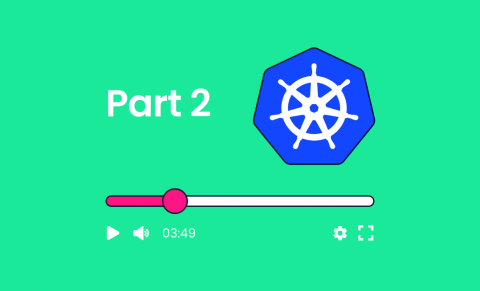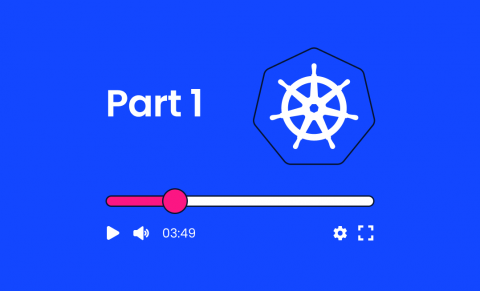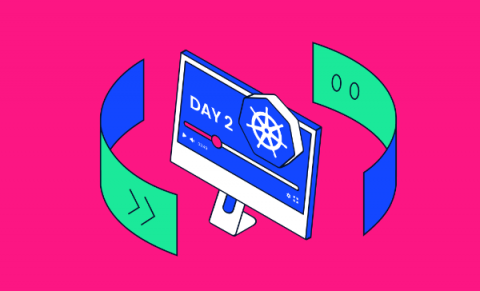Operations | Monitoring | ITSM | DevOps | Cloud
July 2023
Komodor Announces the Availability of Amazon Elastic Kubernetes Service [Amazon EKS] Blueprints as an Add-On
We’re pleased to announce that the Komodor platform has published an Amazon Elastic Kubernetes Service (Amazon EKS) Blueprints CDK Add-On. Amazon EKS is a managed Kubernetes service that streamlines the deployment and scaling of cloud-based or on-prem K8s clusters.
A Software Developer's Guide to Getting Started With Kubernetes: Part 2
In Part 1 of this series, you learned the core components of Kubernetes, an open-source container orchestrator for deploying and scaling applications in distributed environments. You also saw how to deploy a simple application to your cluster, then change its replica count to scale it up or down. In this article, you’ll get a deeper look at the networking and monitoring features available with Kubernetes.
A Software Developer's Guide to Getting Started With Kubernetes: Part 1
Put simply, Kubernetes is an orchestration system for deploying and managing containers. Using Kubernetes, you can operate containers reliably across different environments by automating management tasks such as scaling containers across Nodes and restarting them when they stop. Kubernetes provides abstractions that let you think in terms of application components, such as Pods (containers), Services (network endpoints), and Jobs (one-off tasks).
[Product Klip] Application View
[Product Klip] ArgoCD & FluxCD Integration
Day 2 Challenges - Why Hiring a Platform Team is Not Enough
If you’ve been anywhere in the DevOpsphere in recent times, you have certainly encountered the Platform Engineering vs. DevOps vs. SRE debates that are all the rage. Is DevOps truly dead?! Is Platform Engineering all I need?! Have I been doing it wrong all along? These have become more popular than the mono vs. multi-repo flame wars from a few years back.








